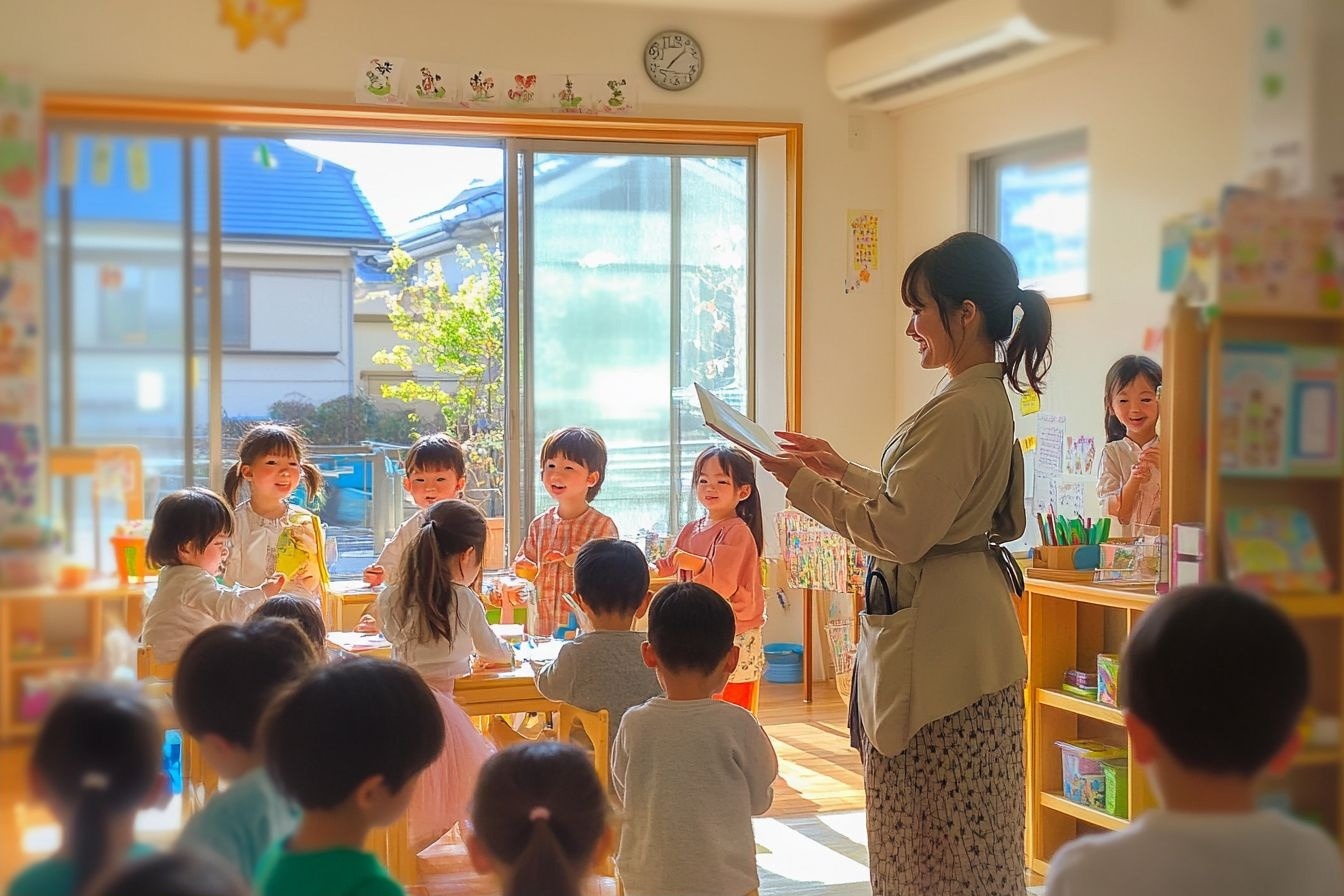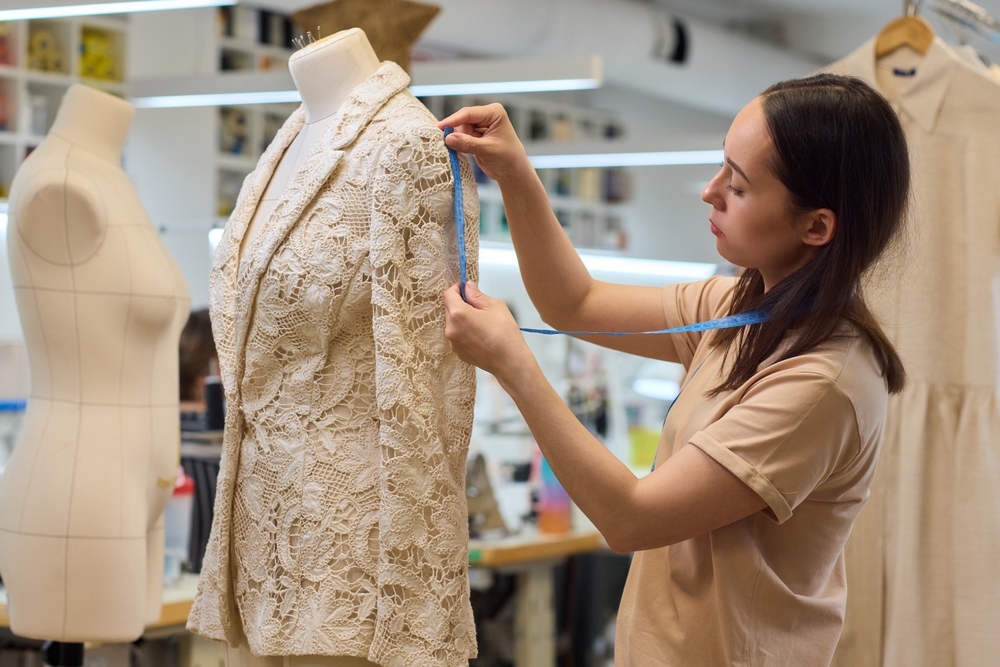Early Childhood Education Degree: Paths, Skills and Career Options
A degree in early childhood education prepares graduates to work with young children, typically from birth to eight years, by combining theory, practical training and professional standards. It covers child development, curriculum design, safeguarding, and communication with families, and often includes placements in nurseries or schools to build real-world experience.

What is an early childhood education degree?
An early childhood education degree is an academic qualification focused on the learning, care and development of young children. Programmes may be offered as bachelor’s degrees, foundation degrees, or professional diplomas, depending on the country and institution. Core study areas usually include child development, play-based learning, observation and assessment, family engagement and inclusive practice. Courses emphasise ethical practice, safeguarding and the legal frameworks that shape early years settings.
Many programmes include practical placements or internships in nurseries, preschools or community settings so students can apply classroom learning. These placements are assessed and contribute to professional readiness, helping graduates demonstrate competence in planning activities, managing behaviour sensitively and using assessment tools to track development.
Which specialisations and qualifications exist?
Specialisations within early childhood education allow students to focus on areas such as special educational needs and disabilities (SEND), language and literacy development, early years leadership, or outdoor learning. Some institutions offer modules or pathways that lead to additional credentials or endorsements recognised by local education authorities or professional bodies.
Postgraduate options include master’s programmes, specialist certificates and qualified teacher routes in some jurisdictions. Many countries also offer continuous professional development (CPD) courses for practitioners who wish to update skills or move into management. Prospective students should check local accreditation and whether a given qualification meets the requirements to work with children in their area.
How long does it take and what will you learn?
Programme length varies: undergraduate degrees typically take three to four years full-time, while part-time or distance-learning options can extend over several years. Shorter diplomas and foundation programmes may take one to two years. Course content balances theory — developmental psychology, curriculum theory, and research methods — with practical skills like lesson planning, observation, behaviour management and working with families.
Assessment methods commonly include essays, lesson plans, reflective journals and assessed placements. Learning outcomes focus on understanding milestones of development, adapting activities for diverse needs, promoting early language and numeracy, and safeguarding. Students also acquire transferable skills such as communication, teamwork and documentation.
How can the degree lead to careers and local services?
Graduates can pursue roles in early years settings including nursery practitioner, preschool teacher, special support assistant, or centre manager. Some move into family support roles, early intervention services, or community education programmes. The degree can also be a stepping stone to teaching qualifications or postgraduate study in child development, educational leadership, or social work.
Employment contexts include public and private nurseries, primary schools, child development centres, and local services offering early intervention or family support. Career progression often involves gaining experience, completing additional qualifications, and demonstrating leadership in curriculum design or staff supervision. Networking with local services and completing recognised CPD can support longer-term advancement.
Funding, study formats and practical considerations
Many institutions offer full-time, part-time, blended and fully online courses; practical placements remain essential, so online programmes usually include local placement requirements. Prospective students should compare programme content, placement arrangements and support for international or mature students. Funding and tuition support differ by country and institution; check student finance services, scholarships, or employer-funded training if you are already working in the sector.
Consider practical matters such as DBS or police checks (or equivalent background screenings), immunisation or health requirements for placement, and professional insurance where applicable. Also verify language and entry requirements, and whether the qualification is recognised by local regulatory bodies or early years networks.
Conclusion
An early childhood education degree provides a foundation in child development, practical teaching skills and professional practice that prepares graduates for a range of roles supporting young children and families. Prospective learners should review programme structure, placement opportunities and local recognition to ensure the qualification fits their career aims and the regulatory context of the area where they plan to work.




